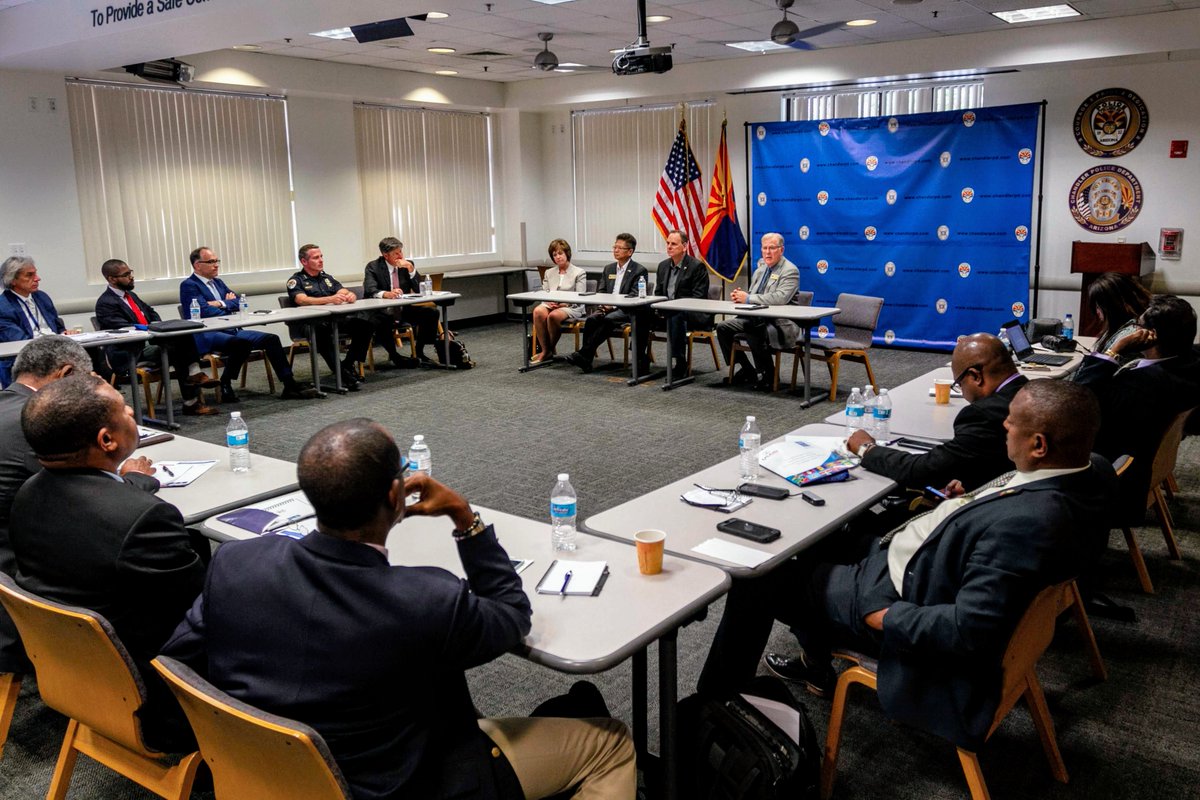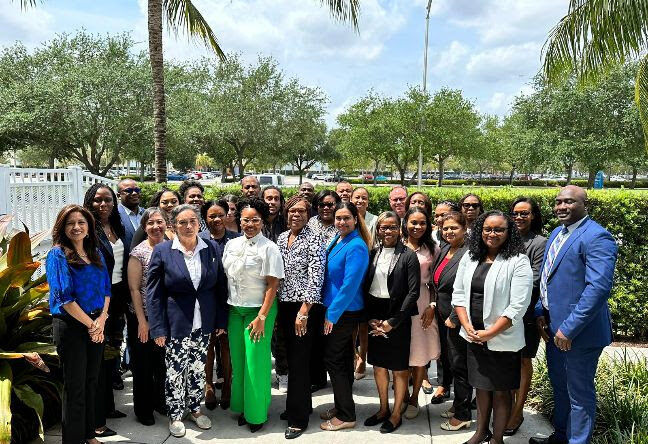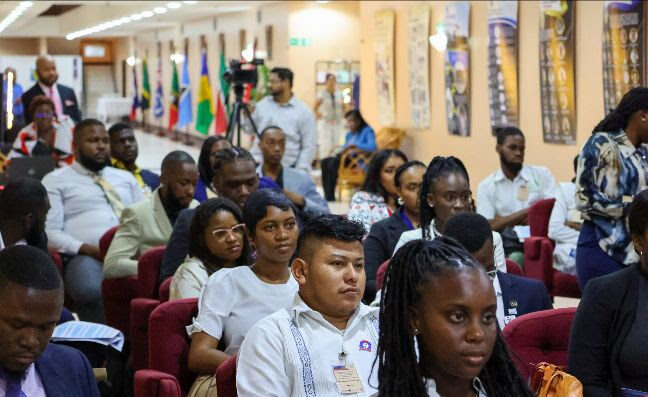UNDP Barbados and the Eastern Caribbean with the support of United States Agency for International Development (USAID) facilitated a five-day Regional Crime Analysis training under its CariSECURE initiative from February 3 to 7.
Over the past several decades, researchers have established the importance of implementing data driven policing strategies to combat crime and violence, and under the CariSECURE project, nine Southern and Eastern Caribbean countries will now have access to software and electronic crime data, which will promote data driven decision-making and policy development.
The countries are:
- Antigua and Barbuda.
- Barbados.
- Grenada.
- The Republic of Guyana.
- Saint Kitts and Nevis.
- Saint Lucia.
- Saint Vincent and the Grenadines
- The Republic of Suriname.
- The Republic of Trinidad and Tobago.
The training, currently in its second module, sought to strengthen the capacity of participants to analyze data, increase their ability to identify the challenges faced in collecting reliable data and enhance their competency to develop citizen security policies and strategies based on evidence extracted from Crime Analysis Reports.
Speaking of the training, facilitator Jesse Huff of Arizona State University said “I think this training is important, all these countries have data in various stages – going through this training and talking about good data management practices and processes and how to conduct analysis will inform better police responses.”
Trinidadian participant Gerald Moore indicated that the training provided options for the management of data that were useful and efficient. Additionally, he noted that the Crime Mapping element will allow him and his team to identify and pay close attention to the areas where crime frequently occurs.”
The regional training initiative contains four modules, the first was completed in 2019 and the full initiative is set to completed by the end of June 2020.
CariSECURE is a component of the Youth Empowerment Services (YES) Project and represents a partnership between the United States Agency for International Development (USAID) and the United Nations Development Programme (UNDP), made possible by the support of the American People.




